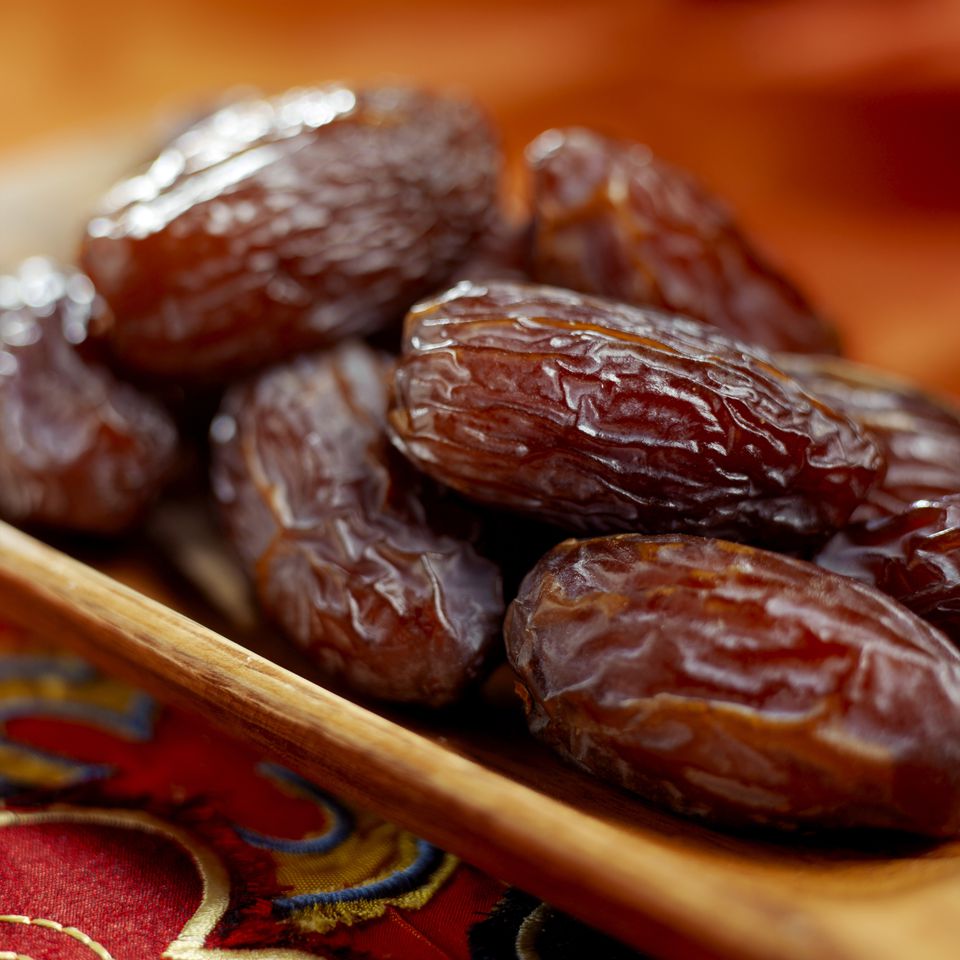Date fruits, often referred to as the “nectar of the desert,” have been cherished for centuries as a natural delicacy with numerous health benefits. With their rich history, diverse varieties, and widespread cultivation, date fruits hold a special place in various cultures around the world. In this comprehensive overview, we will explore the origins, cultivation practices, nutritional value, and cultural significance of date fruits.

- Historical Roots and Cultural Significance: Date palms, the trees that bear date fruits, have a history deeply rooted in the Middle East and North Africa, where they have been cultivated for thousands of years. Known as the “tree of life,” date palms hold significant cultural and religious importance in various traditions. They are mentioned in ancient texts, including the Bible and the Quran, symbolizing abundance, fertility, and sustenance. The date palm’s ability to thrive in arid climates has made it a symbol of resilience, and its cultural significance extends beyond the Middle East, with date cultivation spreading to regions like North America and Asia.
- Botanical Characteristics and Varieties: The date palm, scientifically known as Phoenix dactylifera, is a tall, elegant tree characterized by its feathery fronds and a crown of densely packed leaves. The date fruit itself is a drupe, ranging in color from amber to dark brown, with a wrinkled texture when dried. There are numerous varieties of date fruits, each offering a unique flavor, texture, and size. Popular varieties include Medjool, Deglet Noor, Barhi, and Zahidi. The choice of variety often depends on the climate, soil conditions, and local preferences of the cultivating region.
- Cultivation Practices: Date palms are hardy trees that thrive in hot and arid conditions, making them well-suited for regions with high temperatures and low rainfall. They are often cultivated in oasis-like environments, where natural underground water sources provide the necessary irrigation. Date cultivation requires patience, as it takes several years for a date palm to reach maturity and start bearing fruit. Traditional cultivation methods involve hand-pollination, a labor-intensive process where male and female flowers are carefully fertilized to ensure a bountiful harvest.
- Harvesting and Processing: The harvesting of date fruits is a meticulous process that requires both skill and timing. Dates are typically harvested when they are fully ripe but still on the tree. The timing varies depending on the variety and local climate. Once harvested, the dates undergo a thorough cleaning process to remove impurities such as dust and sand. In some cases, dates are left to ripen further off the tree. The processing methods may vary, with some dates being consumed fresh, while others are dried or processed into various products like date syrup, date paste, and date sugar.
- Nutritional Benefits: Date fruits are not only delicious but also pack a nutritional punch. They are a rich source of natural sugars, primarily glucose, fructose, and sucrose, providing a quick and sustained energy boost. Additionally, dates are high in fiber, promoting digestive health, and contain essential minerals like potassium, magnesium, and copper. Dates also boast an array of vitamins, including B vitamins and vitamin K. Their antioxidant properties contribute to overall health by combating oxidative stress and inflammation. As a wholesome snack, dates offer a guilt-free indulgence with a plethora of health benefits.
- Versatility in Culinary Applications: Date fruits are incredibly versatile in the kitchen, lending their sweet and caramel-like flavor to a variety of dishes. They are used in both sweet and savory recipes, adding depth and richness to salads, stews, and desserts. Date paste and date syrup serve as natural sweeteners in baking, offering a healthier alternative to refined sugars. Beyond the kitchen, date fruits play a role in traditional beverages and confections in many cultures. Date-filled pastries, stuffed dates, and date-based energy bars showcase the fruit’s culinary flexibility.
- Global Trade and Economic Impact: Date cultivation has evolved into a significant agricultural industry with global trade networks. Countries like Saudi Arabia, Iran, and Egypt are among the top producers and exporters of dates. The international market for dates has expanded, driven by the growing demand for natural and healthy snacks. The economic impact of date cultivation extends beyond the agricultural sector, contributing to local economies, providing employment opportunities, and fostering trade relationships between producing and consuming nations.
Conclusion:
Date fruits, with their sweet taste, rich history, and nutritional benefits, stand as a testament to the resilience of nature and the intricate interplay between culture and agriculture. From the ancient oases of the Middle East to the modern global market, dates have transcended their regional origins to become a beloved and versatile food source for people around the world. As we indulge in the sweetness of dates, we not only savor a delicious treat but also connect with the timeless legacy of a fruit that has been cherished for millennia.
Ajigofarms is a reliable global agricultural purchase sourcing with profound expertise in the manufacturing, and exportation of food crops. We are tested, and trusted suppliers of all kinds of cash crops and food crops. Our constant supply chain solution makes exporting easy, quick, and safe, we are identified with timeliness and meeting up with deadlines. Regardless of the region you are located in worldwide, you can reliably order your Agric products and be rest assured of successful delivery.




